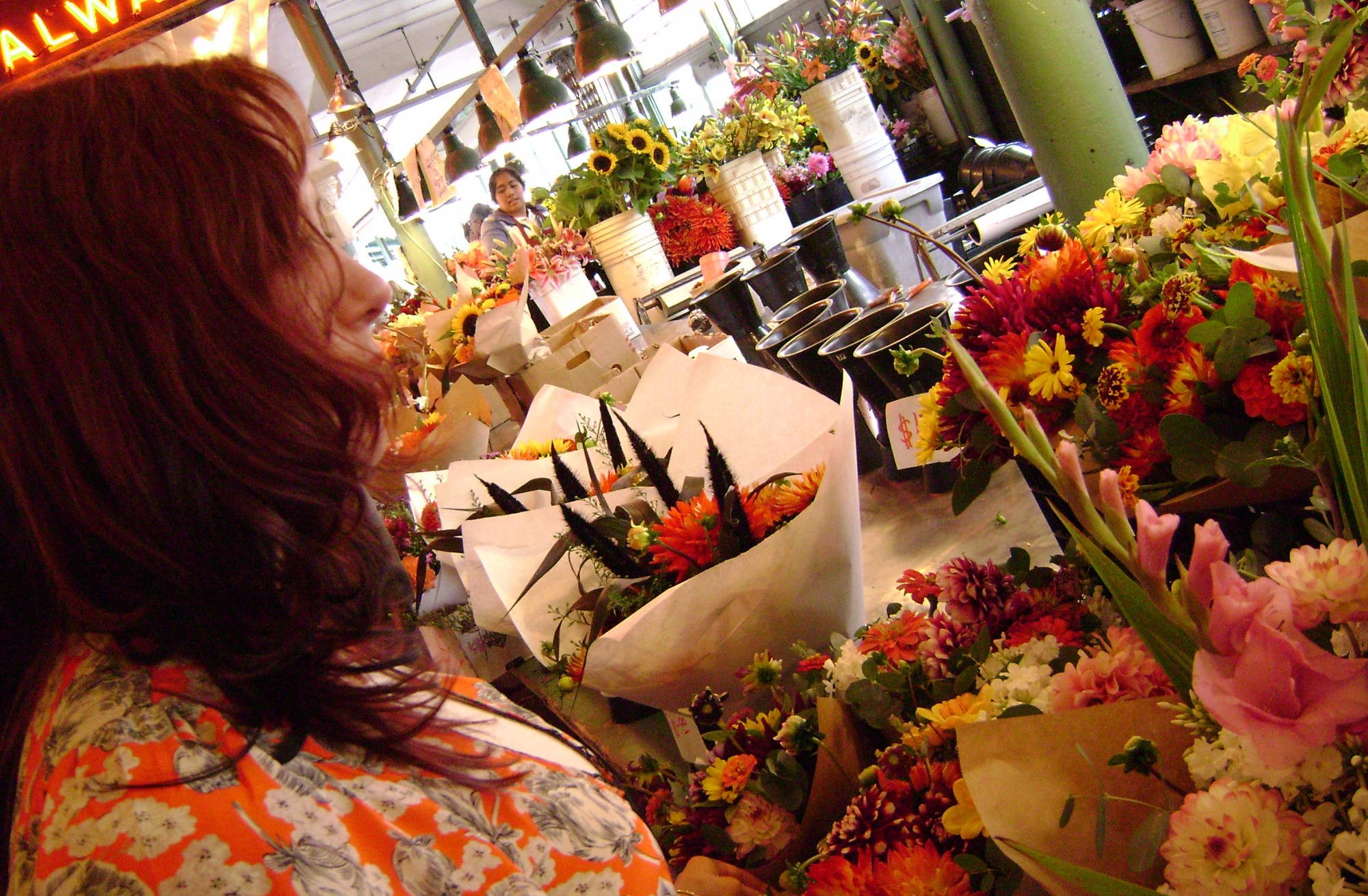This post is a preface to an upcoming series of interviews I’m currently conducting called “Why Can’t I Be You?” Each interview will center on a woman I admire but who seems radically different from me in temperament. Look for Interview #1 soon!
In Studies of the Renaissance, Walter Pater concludes that the secret to genius is to discern, at all times, the most private qualities of one’s experiences—to revel in the process of experience for the individual, rather than in the “fruits of experience,” what others can see or what benefits you later. “To burn always with this hard, gemlike flame, to maintain this ecstasy, is success in life,” he says, and, in doing so, he ignites the Aesthetic movement, the philosophical and stylish doctrine practiced and extended by Oscar Wilde and others for most of a decade.
I read this first in college, as a senior. I don’t think I actually understood all of it, really. But I do remember thinking that his writing, that phrase, particularly, was the most beautiful reading experience I’d ever had. The fusion of “burning” with “hard” and “gemlike”—the geological solidity with the sparkling of the gem . . . the image stood out, apart from my college reading, and I heard someone who understood how deeply marvelous I thought life was. I burst inside, my own mind a disco ball illuminated with pleasure that this timid man, an Oxford tutor who preferred to entertain privately, found words for what I felt certain ruled each of my movements made in this world.
I burned all through my twenties when, I still maintain, it’s most crucial to do so. I burned, got burned, and sparkled and drank and tasted and kissed and bought plane tickets too expensive for me. I burned into my mid-30’s and read as much Pater as I could, but nothing’s ever been as good as that one line, as effective at exciting that part of me that knows how important it is for me to know that burning is true, that living so intensely is the only real way to live.
But lately, I’ve been thinking more about lines later in the same paragraph as the gemlike flame line—this line, actually: “Not to discriminate every moment some passionate attitude in those about us, and in the very brilliancy of their gifts some tragic dividing of forces on their ways, is, on this short day of frost and sun, to sleep before evening.” And I think of this line because it is often raining in Seattle, and it is cold, and dark, and I am almost 40 and because I worry, more often than not, that I am sleeping and not burning. I get overwhelmed by the tragedy of the “tragic dividing of forces on their way.” I feel myself reaching painfully out to hold onto those things that are leaving, that exceed my reach. Or, worse, I simply look at the frost and sun and cannot discern why I should reach at all. And yet, I am not sleeping—I lay awake at night, most nights, worrying about how to be greater. Really, what I worry about most is why I don’t want to want more. I try to tell myself that letting go of wanting more—of being more productive as a writer or as a scholar or as anything else I want to be, partially—letting go of anxiety about producing is exactly what Pater means when he says that “it is not the fruit of experience, but experience itself is the end.” I want to believe that I am still burning, but burning in ways that illuminate smaller things, tinier gems—that I am discovering, in my late 30’s, the crystalline structures of an atom, instead of the crystal palace of my 20’s.
Why do I have so much capacity for experience, and so little desire to sit alone and write? Why does writing sometimes make me sad? Is it because I cannot stop burning long enough to write something beautiful, or is it, instead, because I am not burning brightly enough? To really, truly live Pater, I am going to have to walk through these fires, even as I am the flame itself, and pray that, in all that heat, something fuses that can fuel me. Pater says “only to be sure it is passion” that drives me to experience, and that those experiences produce a “quickened, multiplied consciousness,” I am giving myself all that I can, but I wonder what he told himself in the middle of the night, and what it felt like when his flame was low.

Wonderful piece of writing. I too love Pater’s Renaissance, especially the Conclusion. It’s beautiful as well as true, and draws on the miraculous Keats. Am going to teach it in a seminar on Aestheticism next year, and will give your little essay to students to read.
I’m a retired architect, a member of AA for almost 30 years, and born in 1942. I carried the “…gem like flame…” passage with me for years, in garbled form, until I was gentley introduced to the real thing by a fellow alcoholic. He was a wonderful person, it’s a wonderful set of words, I always associate the man and the message, and it’s great to know that there are others out there of the same mind. Go then, and burn…
I’m posting this comment several years after your eloquent essay, which touched me deeply.
As a college student, I too was moved by Pater’s celebrated words. In the main section of his work, he described bringing this intensity to how you experience art; in the conclusion, he broadened it to include how you experience life itself.
As someone who recently turned 70, I’m not sure either that I live up to Pater’s example. But the flame often still burns brightly.
Thanks again for expressing yourself beautifully.